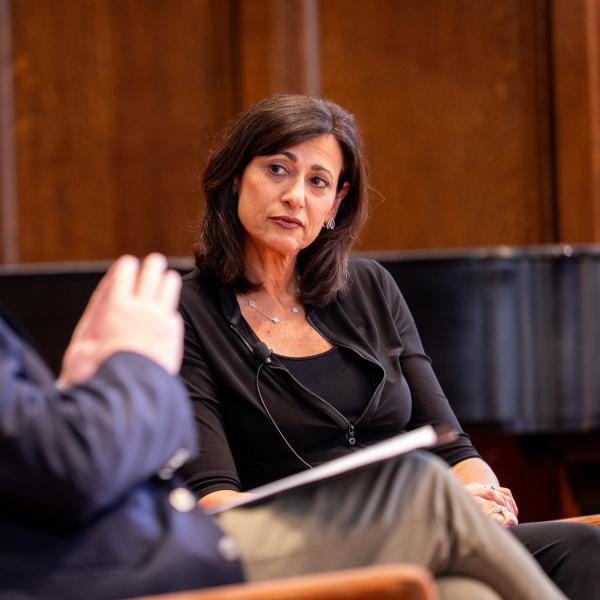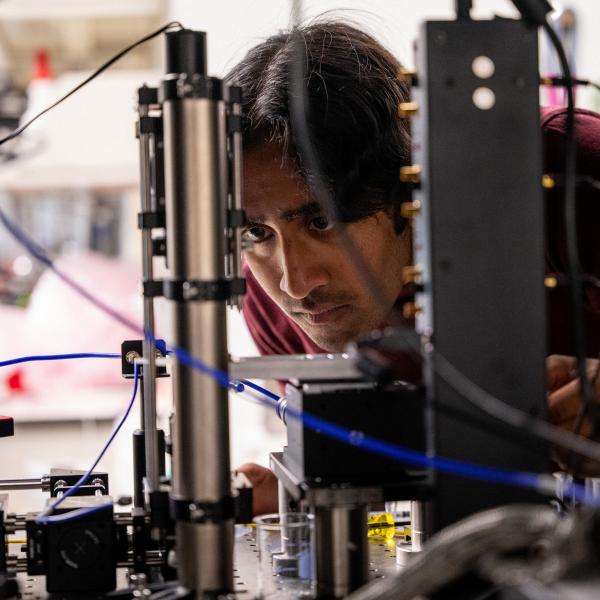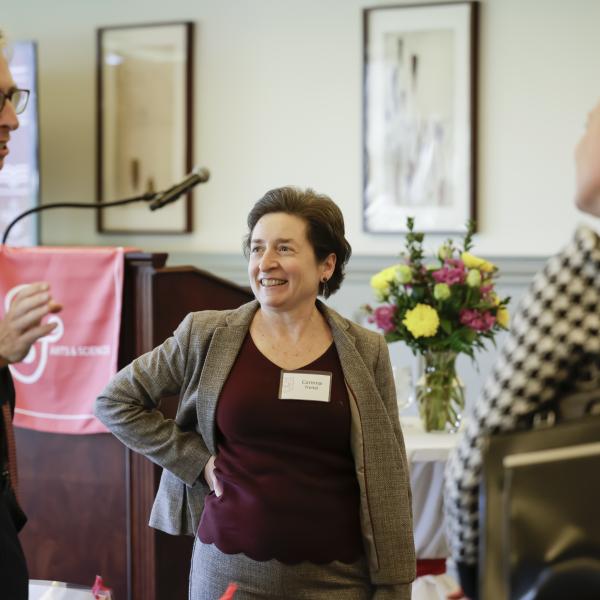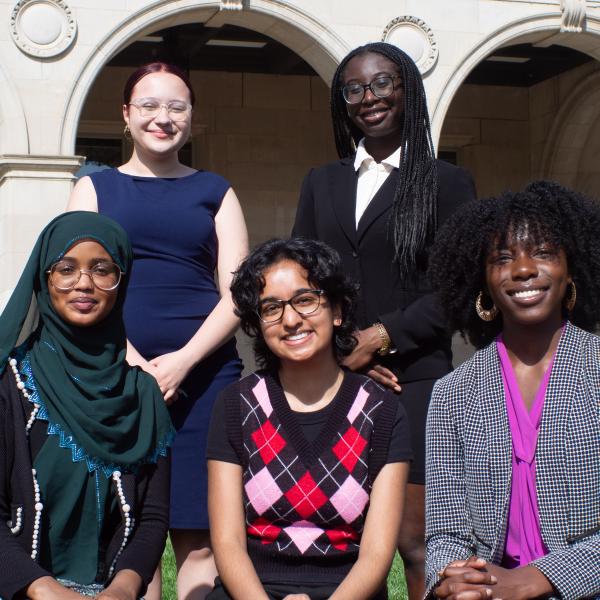This year, departments spanning the natural sciences and mathematics welcomed new faculty to their ranks. See brief introductions below, and be sure to also read about our new faculty in the social sciences and new faculty in the humanities.
Earth and Planetary Sciences
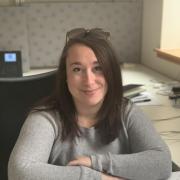
Claire Masteller, PhD, joined the Department of Earth and Planetary Sciences as an assistant professor Jan. 1 this year. Masteller’s research investigates the processes and patterns that shape the surface of the Earth and other planetary bodies. She is broadly interested in sediment transport and erosion mechanics and their role in driving landscape evolution. After earning her doctorate from the University of California, Santa Cruz, Masteller moved to Germany to undertake training in environmental seismology, active source geophysics, and their application to rocky coast geomorphology. From 2017–19, she was a postdoctoral researcher and Alexander von Humboldt Fellow at the German Research Center for Geoscience.
Mathematics and Statistics
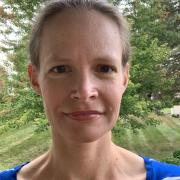
Abigail Jager, PhD, joins the Department of Mathematics and Statistics as a senior lecturer. Jager’s research interests include statistics, causal inference, instrumental variables, likelihood methods, and structural equation models. Since 2006, she has taught courses in the Department of Statistics at Kansas State University, most recently as a teaching associate professor. Jager has done substantial consulting work for clients in the agricultural industry, manufacturing, and other business sectors. This semester, her courses include “Elementary Probability and Statistics” and “Mathematical Statistics.”

Karl Schaefer, PhD, joins the Department of Mathematics and Statistics as a lecturer. Schaefer recently completed his doctorate at the University of Chicago, where he was a teaching fellow at the Chicago Center for Teaching, won the Graves Prize for excellence in undergraduate teaching, and served as a mentor in the Mathematics Research Experiences for Undergraduates program. Schaefer’s recent publications include “Class groups of Kummer extensions via cup products in Galois cohomology” and “Inclusivity in the STEM Classroom: Everyday Inclusion.” This semester, he is teaching “Foundations for Calculus” and “Calculus II.”
Physics
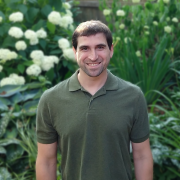
James Mertens, PhD, joins the Department of Physics as an assistant professor. Mertens' research focuses on relativistic cosmology, working to improve our understanding of how gravity and matter interact across the largest distances we can observe. Through numerical modeling within the full framework of general relativity, his research group is able to make powerful predictions of measurable phenomena. Mertens earned his doctorate at Case Western Reserve University. Prior to joining the Washington University faculty, he was a postdoctoral researcher at York University, associate postdoctoral researcher at Perimeter Institute, and CITA National Fellow.
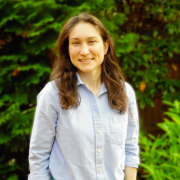
Johanna Nagy, PhD, joins the Department of Physics as an assistant professor. Nagy's research focuses on experimental cosmology. Her lab designs and builds instruments to enable more precise measurements of the Cosmic Microwave Background with a combination of balloon-borne and ground-based telescopes, including SPIDER and CMB-S4. Together, these experiments probe topics including the physics of inflation, the nature of dark energy, and the properties of fundamental particles. Before joining Washington University, Nagy was a Dunlap Fellow with the Dunlap Institute for Astronomy & Astrophysics at the University of Toronto. She earned her doctorate from Case Western Reserve University.
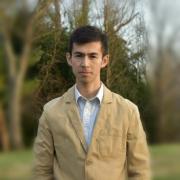
Sheng Ran, PhD, joins the Department of Physics as an assistant professor. Ran’s research aims to realize and understand exotic states of quantum materials, using combined techniques of bulk crystal synthesis, electric and thermal transport measurements under extreme temperature, pressure and magnetic field conditions, and neutron and high energy X-ray scattering. His lab is dedicated to the discovery, synthesis, characterization, and control of novel quantum materials with emergent electronic and magnetic states. Ran has previously held postdoctoral positions at the University of Maryland/NIST and the University of California, San Diego. He earned his doctorate at Iowa State University.
